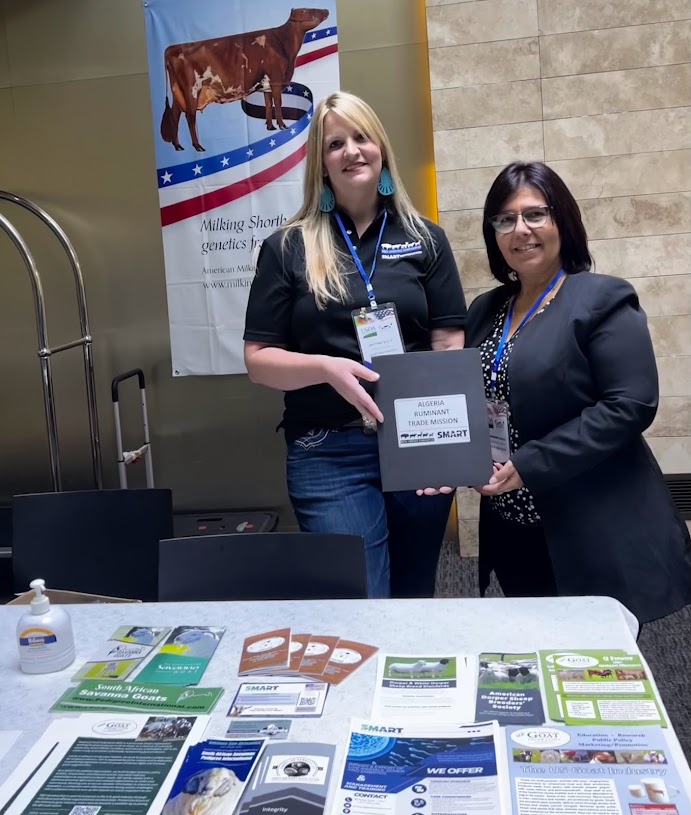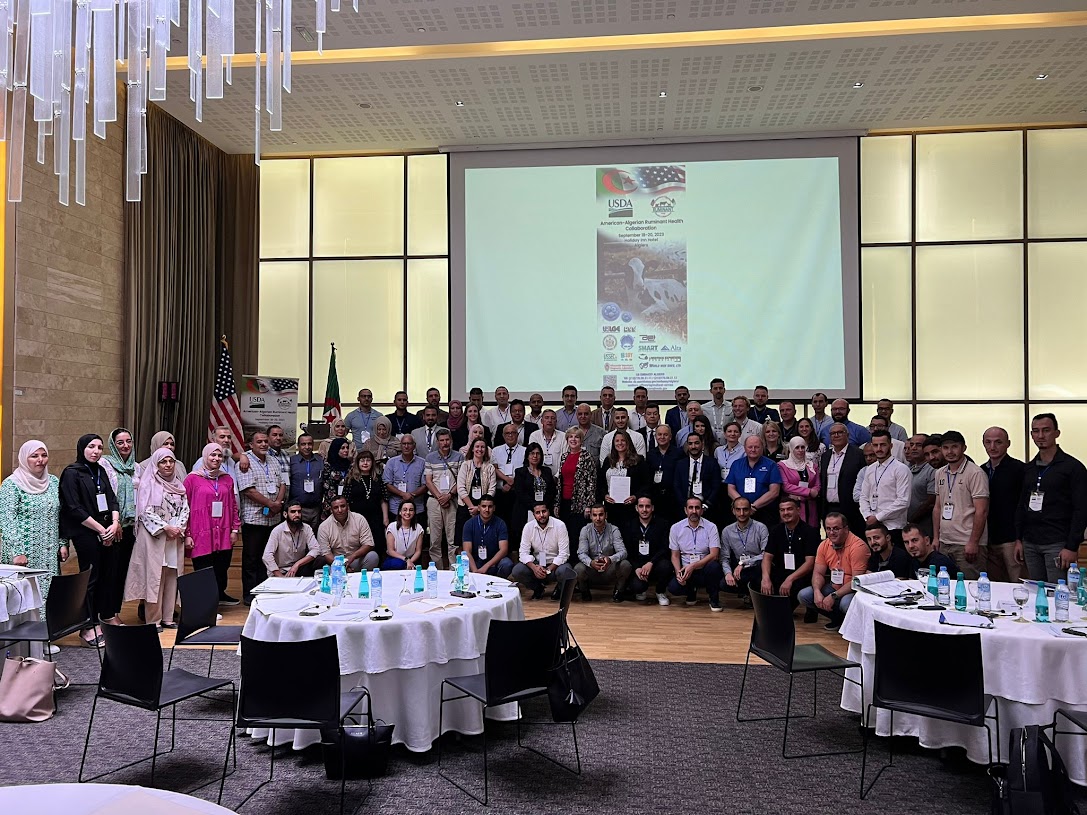Opening Doors for International Trade in Agriculture
Algeria, the largest nation in Africa, is not only a tapestry of rich history and diverse cultures but also a burgeoning force in the agricultural sector. Recently, Brittany Scott, the CEO of SMART Reproduction, had the distinct honor of representing the United States small ruminant industry during a USDA Animal and Plant Health Inspection Service (APHIS) mission to Algeria. The highlight of this mission was the announcement of a groundbreaking bilateral Health Certificate, paving the way for the importation of United States-produced bovine germplasm products.
This newly negotiated agreement specifies the requirements for importing bovine semen and embryos, presenting a crucial step in facilitating international trade in the agricultural sector. The significance of this milestone extends beyond mere paperwork; it opens doors for American producers to access new markets and taps into Algeria’s growing demand for meat and milk proteins from both large and small ruminants. By forging this path and building bonds through agriculture, the agreement creates new revenue streams for American producers, contributing to the vitality of the U.S. agricultural industry.

Fostering International Collaboration
The USDA APHIS mission to Algeria marks a significant stride in fostering international collaboration and strengthening ties in the food animal production arena. Officially known as the People’s Democratic Republic of Algeria, the nation boasts a population of 44 million, making it the tenth-most populous country in Africa and the 32nd-most populous globally. The cultural diversity is mirrored in its official languages, Arabic and Berber, while Islam predominates as the practiced religion among the predominantly Arab population.
https://fas.usda.gov/regions/algeria
Mrs. Scott’s participation in this mission is a testament to her years of dedicated advocacy for the American sheep and goat sector. Beyond the official ceremonies, she immersed herself in the local agricultural landscape, visiting farms and engaging with breeders nationwide. This hands-on approach provided valuable insights into the challenges and opportunities of the Algerian agricultural community. By directly interacting with farmers and sharing her expertise in advanced reproductive technologies, Scott not only enhanced local practices but also transferred knowledge to government officials and animal health representatives.
The mission’s primary focus on bovine semen and embryos underscores the importance of technological advancements in modern agriculture. Introducing and promoting advanced reproductive technologies can enhance the genetic diversity of Algeria’s livestock, improve overall herd health, and boost the productivity of its agricultural sector. Scott’s role in providing training emphasizes the collaborative nature of international agricultural development, showcasing how expertise and knowledge can be shared for mutual benefit.
https://smartrepro.com/services/reproduction-training/
Strengthened Diplomatic and Economic Ties
Beyond the technical aspects of the mission, Brittany Scott’s presence symbolizes the strengthening of diplomatic and economic ties between the United States and Algeria. The exchange of agricultural expertise fosters a sense of camaraderie and mutual respect, laying the foundation for future collaborations in various sectors. As the world becomes increasingly interconnected, initiatives like these play a crucial role in building bridges, fostering
In conclusion, Brittany Scott’s participation in the USDA APHIS mission to Algeria exemplifies the interconnectedness of the global agricultural community. Her dedication to advancing the American small ruminant industry and the collaborative spirit of international missions contribute not only to Algeria’s sustainable development of agriculture but also to the broader narrative of global cooperation in feeding the world. As the doors of international trade swing open, these initiatives become key drivers for building a prosperous and interconnected future for the agricultural sector worldwide.

